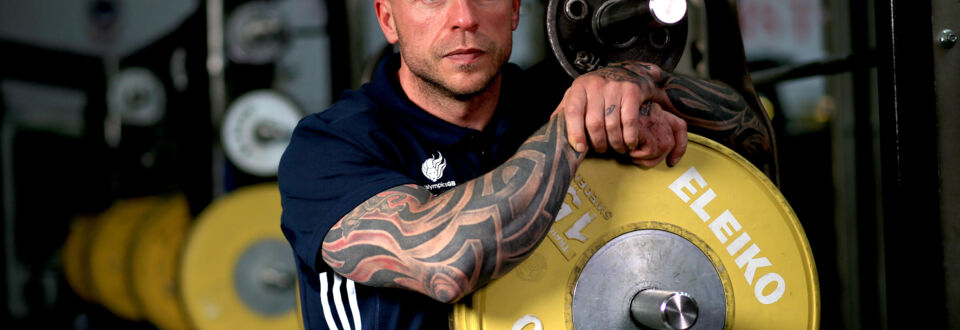Weightlifting
Para-Powerlifting: A Sport for All
Para-powerlifting offers a rewarding experience, whether you're working out at home or hitting the gym. It caters to individuals of all abilities, making it an inclusive and exciting sport.
Understanding Para-Powerlifting
Para Powerlifting focuses on the bench press movement, where Paralympic athletes lie flat with their feet supported on an adapted bench. The goal is to lower the bar to the chest, pause it motionless, and then push it back up with locked elbows. This sport is considered the ultimate test of upper body strength and power. It has grown significantly and now includes athletes of all genders with physical impairments affecting their lower limbs, hips, or those with short stature. Athletes are classified into 10 categories based on their body weight for each gender.
British Success in Para-Powerlifting
British Para Powerlifters have achieved remarkable success at the Paralympic Games, with a total of 32 medals, including 8 gold, 10 silver, and 14 bronze medals. In the most recent Tokyo 2020 Games, they clinched 3 medals, showcasing their consistent performance in the sport.
Classification: Ensuring Fair Competition
Classification is essential to ensure fair and equal competition in Para Powerlifting. It assesses an athlete's eligibility for the sport based on specific rules and regulations, aligning their impairments with the medical diagnostic information submitted. Para Powerlifting is open to athletes with eight eligible physical impairments, and you can learn more about the classification process here: https://britishweightlifting.org/start-lifting/para-powerlifting
Competition Structure
Para Powerlifting competitions are individual events, with athletes categorized by their bodyweight and gender. To be eligible, athletes must have a British Weight Lifting membership. There are 10 body weight categories for both male and female athletes, providing opportunities for a diverse range of participants. The three stages of a competition day include kit check and weigh-in, warm-up, and the competition itself.
Equipment for Para Powerlifting
Para powerlifters use specific equipment for competitions:
- Adapted Bench: Athletes compete on an official World Para Powerlifting approved bench, ensuring a level playing field. View approved bench.
- Lifting Suit: Athletes are required to wear form-fitting lifting suits, aiding judges in evaluating form and movement. See approved lifting singlet.
- Wrist Wraps (optional but advised): Wrist wraps help maintain wrist stability during the bench press, enhancing force exertion and reducing the risk of injury. Check out wrist wraps.
- Bench Straps: These straps secure the lower limbs and hips onto the bench, improving stability during the bench press. Contact the company for bench straps https://kingswoodcanvas.co.uk/
Useful Information for Aspiring Para-Powerlifters
Before diving into Para Powerlifting, consult your GP to determine if it's safe and suitable for you. Your GP will need to complete the IPC Medical Diagnostics Form along with a letter of safety, both of which must be reviewed by BWL to confirm your eligibility for national participation.
Accessible and Inclusive Sport
Para Powerlifting is incredibly accessible, and you can practice it at home with the right equipment or join a local gym at a low cost. It's a sport that welcomes everyone, regardless of their abilities.
Get in Touch
For any questions or if you're interested in starting your Para Powerlifting journey, reach out to Connor, our Pathway Development Coach, at connor.macdonald@britishweightlifting.org.

